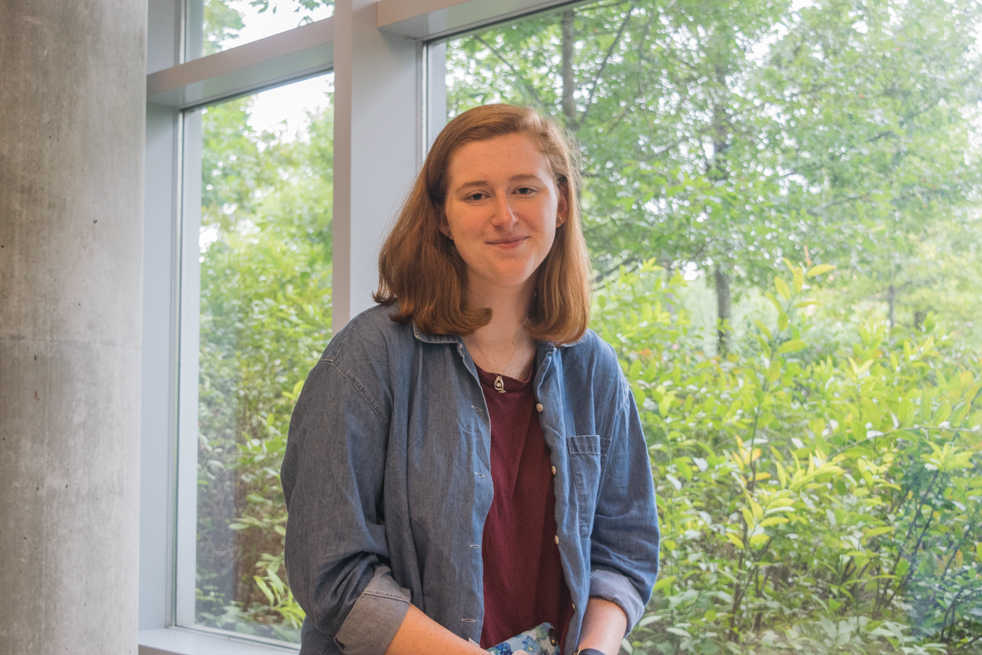It’s hard enough having to deal with the day-to-day struggles of my mental illness. It’s even harder to hear someone say that I shouldn’t be proud of it, but instead, hide it from the world, even in spaces specifically designed for creativity and self expression to flourish.
This weekend, along with thousands of other nerds, I attended Atlanta’s very own DragonCon and attended several panels that I assumed would give me insight into the industry in which I hope to work one day: media, communication and technology.
At one specific panel titled “Diversity in Gaming,” a panelist, who was supposed to be praising diversity and talking about how games and media should also
embrace the concept, said that “we all want to be better, more beautiful versions of ourselves.” By her logic, many people create characters, whether in tabletop games, video games, computer programs, or even in writing and artworks, without the “flaws” that they find in their real life selves. These “flaws” specifically include mental illness and disabilities.
Her statement came in reply to an audience question from a fan wondering what the climate was for creating disabled characters in games, seeing as our world is getting better and better at representing more diverse groups. Her response was disappointing. I had expected her answer to follow along the lines of, “embrace yourself, make a character with your disability, don’t make it a plot point or something to overcome, and be yourself,” but instead, the audience was confronted with something more along the lines of “nobody wants to be disabled, it’s society’s view that you’re better when you’re able-bodied and neurotypical.”
She has a point, though. Throughout the past few years of my life, I have found it extremely difficult to openly discuss my struggles with my mental disabilities, whether that be my attention deficit disorder or my anxiety; all of my “problems” are pitied and seen as abnormal. Why can’t I just be normal? But here’s the thing: I am normal, and I wish somebody would have told me that sooner. It’s okay to have a mental illness, it’s okay to be physically disabled, it’s okay to struggle with day to day life, but what is not okay is being shunned and looked down upon for what we go through.
I don’t want to be a “better, more beautiful” version of me. I am fine how I am. I am beautiful the way I am. Not being anxious, depressed, or having other emotional issues is not going to make me a better person. I’m just a person, just as anyone reading this article is.
I think it’s important that we, as a community here at Tech but also as a community of human beings, work together to de-stigmatize disabilities and embrace ourselves for all that we are. When I look on TV, I want to see myself represented in those people — I don’t want to watch people that aren’t even a solid reflection of what is real in this world. When I create characters, I want them to go through what I go through without making it their entire plot or development.
I want others to respect me and see me as an equal, not as someone who needs to be pitied,
improved upon, or even feared. My disabilities are a part of who I am, but they are not who I am in my entirety. I can be mentally ill and passionate about writing, I can be active in my community but also depressed, I can do well in school while having ADHD.
I don’t have to defy these stereotypes either to be considered valid and important. I can have off days, I can be too tired to get out of bed, I can be too anxious to move, I can be too scatter-brained to hold a good conversation, but just because those things may sometimes be true, doesn’t make someone else better than me. It just makes them different, and I think that these differences are more important than we think they are.
I think that it’s time that we are open and honest about our differences, and that we respect and love what makes us all unique in our own ways, even if that means having an open dialogue about our disabilities and our struggles.
